We’ve all watched a movie where something just didn’t feel right, and often, it’s because the casting choices were way off. Sometimes the actor doesn’t fit the role, leaving you wondering how they ended up in the movie in the first place. Whether it’s a mismatched character or a performance that feels forced, poor casting can be enough to throw the whole film off course.
In this list, we’re looking at some of the most unforgettable instances where actors were so out of place in their roles that it basically ruined the movie. These casting decisions didn’t just fall flat—they made the whole experience uncomfortable to watch. From awkward portrayals to characters that felt downright unbelievable, these choices left audiences scratching their heads, and in some cases, wishing for a recast. Let’s take a look at these head-scratching performances.
John Wayne as Genghis Khan
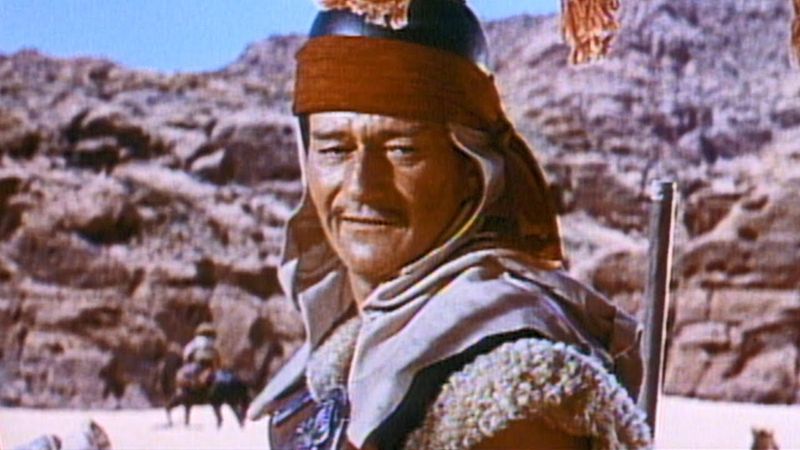
John Wayne, a cowboy legend, took on the role of Genghis Khan in “The Conqueror”. His rugged American persona clashed with the demands of portraying a Mongolian leader.
Critics were baffled by the casting decision, as Wayne’s performance felt forced and unconvincing. His distinct Western drawl didn’t help either.
The film struggled to capture the essence of the historical figure, largely due to Wayne’s misfit portrayal. Audiences found it hard to take the movie seriously, leading it to be remembered more for its casting mishaps than its cinematic achievements.
Keanu Reeves in Bram Stoker’s Dracula
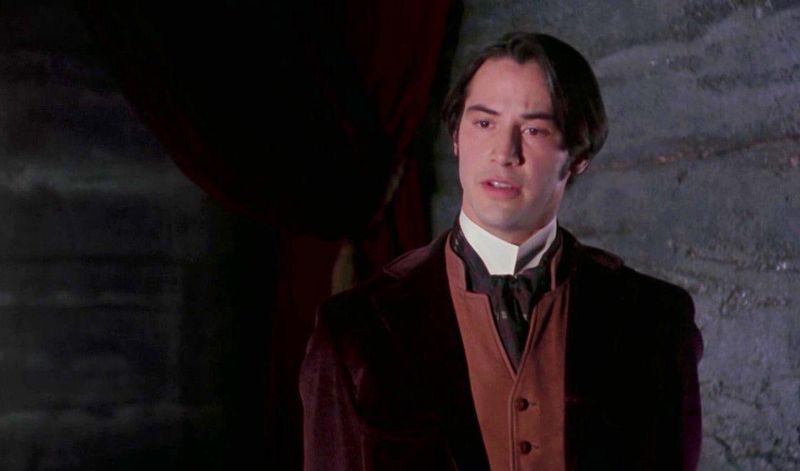
Keanu Reeves played Jonathan Harker in “Bram Stoker’s Dracula”, but his performance was widely criticized. His attempt at a British accent was notably poor, distracting viewers from the film’s Gothic atmosphere.
Reeves, typically known for his laid-back demeanor, seemed uncomfortable in the period setting. This discomfort translated into a stiff performance that lacked the depth needed for the role.
While the film was visually stunning, Reeves’ casting was a significant misstep, leaving fans questioning the decision behind choosing him for such a crucial part.
Kristen Stewart in Snow White and the Huntsman
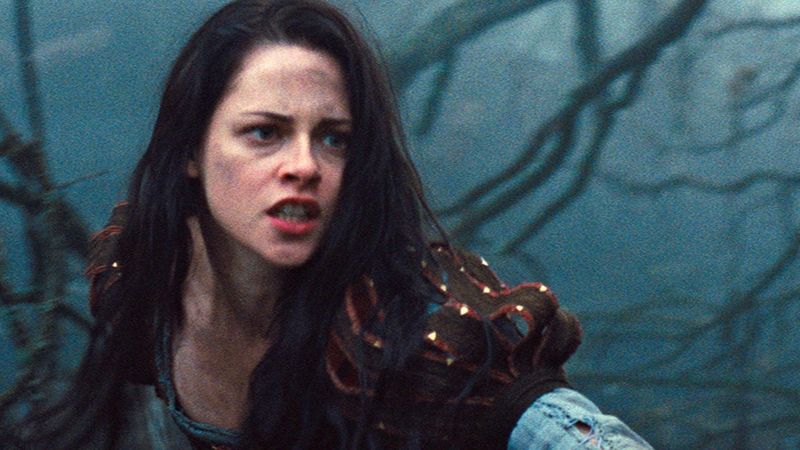
Kristen Stewart’s portrayal of Snow White was met with mixed reviews. Known for her role in “Twilight”, she struggled to embody the regal and inspirational aspects of the character.
Her performance was often criticized as being one-dimensional, failing to capture the audience’s imagination. Stewart’s lack of on-screen presence made it difficult to believe she could lead a rebellion.
The stark contrast between her and the film’s villain, played powerfully by Charlize Theron, further highlighted the casting mismatch, detracting from the film’s overall impact.
Vince Vaughn in Psycho (1998)
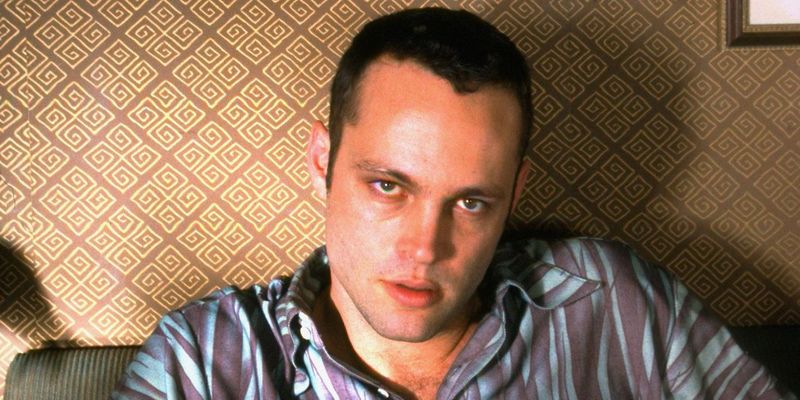
Vince Vaughn took on the iconic role of Norman Bates in the 1998 remake of “Psycho”. His comedic background clashed with the sinister nature required for the character.
Vaughn’s performance lacked the subtlety and nuance that made the original so haunting. He seemed ill-suited for the psychological complexities of Bates.
Many felt that Vaughn’s portrayal was unconvincing, leaving audiences missing Anthony Perkins’ chilling original performance. The remake, despite its star-studded cast, fell flat due to this glaring miscast.
Cameron Diaz in Gangs of New York
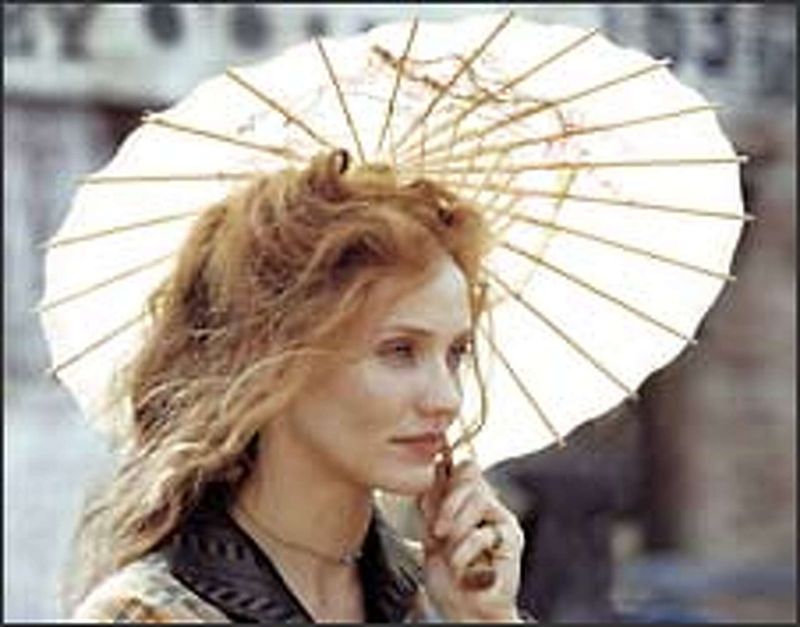
Cameron Diaz played Jenny Everdeane in “Gangs of New York”, but her performance was met with skepticism. Her modern aura didn’t mesh well with the film’s historical setting.
Diaz struggled with the accent and gravitas needed for her role beside Daniel Day-Lewis and Leonardo DiCaprio. Her character felt superficial, undermining the film’s gritty narrative.
Despite her efforts, Diaz’s casting was seen as a misstep in an otherwise compelling film, with critics arguing that it detracted from the movie’s authenticity and period immersion.
Emma Watson in Beauty and the Beast
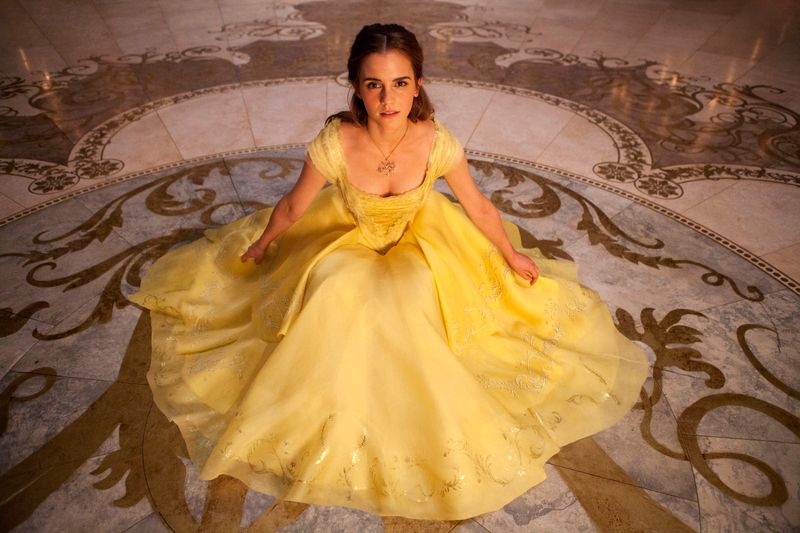
Emma Watson starred as Belle in the live-action “Beauty and the Beast”, but her portrayal was polarizing. Known for her role in “Harry Potter”, Watson struggled to bring the beloved character to life.
Her singing abilities were scrutinized, as they lacked the strength and emotion expected in a musical. Watson’s Belle was criticized for being too passive, missing the spirited essence fans adored.
While visually enchanting, the film left some viewers disappointed, feeling that Watson’s performance fell short of the timeless magic the story deserved.
George Clooney in Batman & Robin
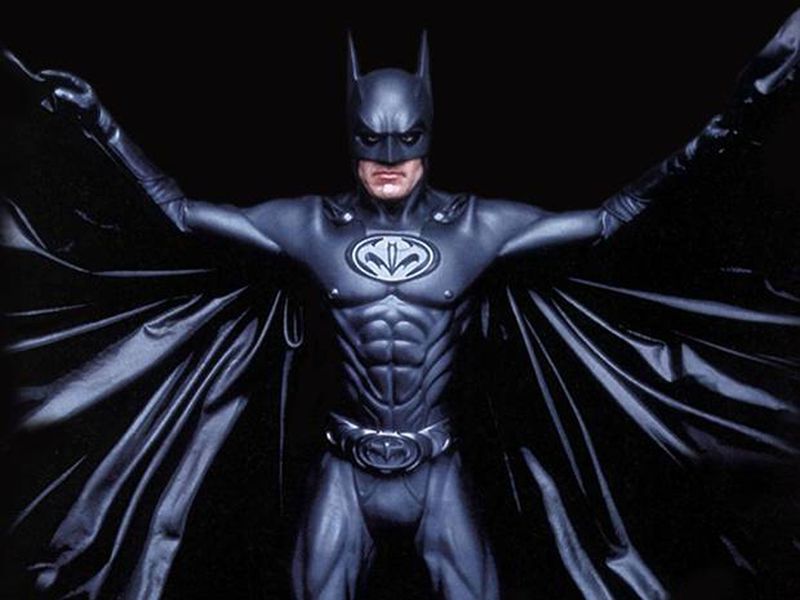
George Clooney donned the cape and cowl in “Batman & Robin”, a role that didn’t suit him. Clooney’s charm and charisma couldn’t mask the film’s shortcomings.
His portrayal lacked the brooding intensity that Batman fans expected, and the movie’s campy tone didn’t help. Critics and audiences alike found it hard to believe him as the Dark Knight.
The film is often remembered for its over-the-top style and Clooney’s miscast role, overshadowing any potential his star power might have brought to the franchise.
Mickey Rooney in Breakfast at Tiffany’s
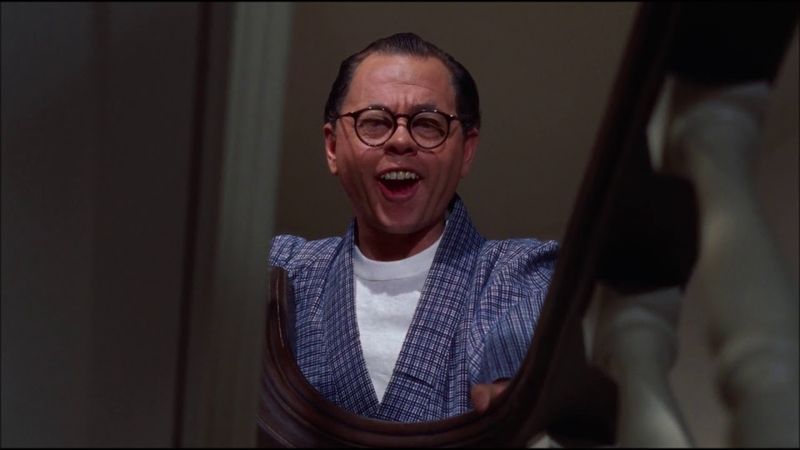
Mickey Rooney’s portrayal of Mr. Yunioshi in “Breakfast at Tiffany’s” is infamous for its offensive stereotyping. His exaggerated features and mannerisms were widely criticized.
Rooney’s performance is often cited as a classic example of Hollywood’s insensitivity to racial issues. His casting was at odds with the otherwise charming nature of the film.
The role remains a controversial topic in discussions about representation in film, highlighting how miscasting can overshadow a movie’s successes and alienate viewers.
Tom Cruise in The Mummy (2017)
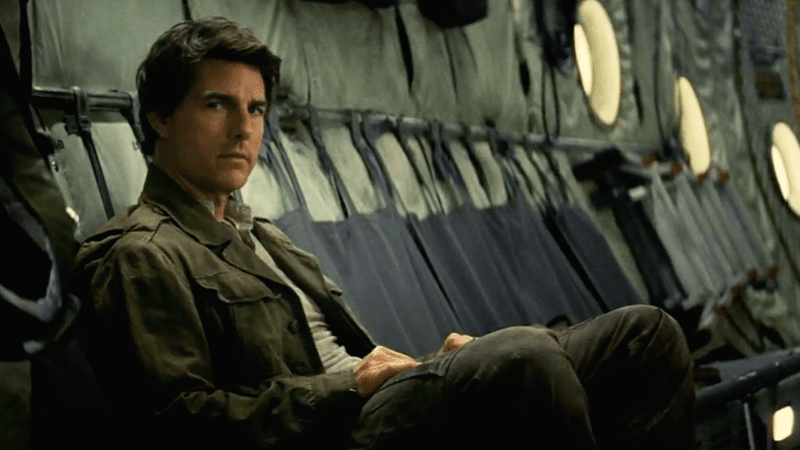
Tom Cruise led “The Mummy” reboot, but his casting was met with skepticism. Known for his action roles, Cruise seemed misaligned with the horror-adventure genre.
His character’s lack of depth and the movie’s uneven tone left audiences cold. Critics felt Cruise’s star power couldn’t salvage the disjointed narrative.
The reboot failed to capture the magic of the original, and Cruise’s miscast role was a significant factor in its underwhelming reception, reflecting the importance of aligning actor and role in film.
Russell Crowe in Les Misérables
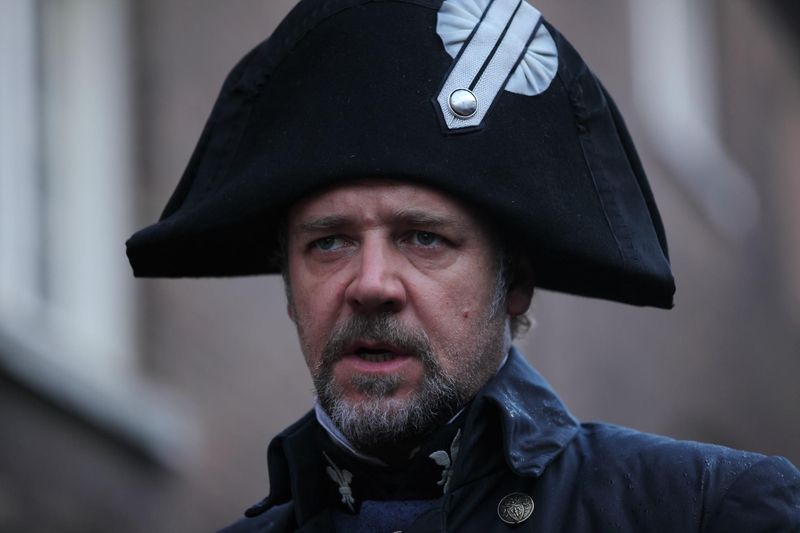
Russell Crowe starred as Javert in “Les Misérables”, but his singing drew criticism. Known for his intense acting, Crowe’s vocal abilities were not up to par.
His performance lacked the musicality needed for such a demanding role, leading to mixed reviews. Fans felt his portrayal was overshadowed by his more musically skilled co-stars.
While his acting was commendable, the misalignment in casting highlighted the challenges of translating stage musicals to film, where musical prowess is essential for success.
Sofia Coppola in The Godfather Part III
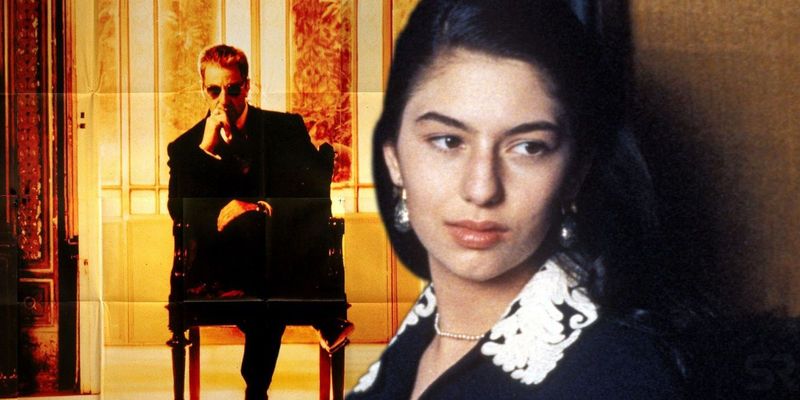
Sofia Coppola’s role in “The Godfather Part III” was widely criticized, overshadowing the movie’s legacy. Her inexperience showed through her stiff performance.
As director Francis Ford Coppola’s daughter, her casting was seen as nepotism, which did not sit well with audiences. Her portrayal lacked the emotional depth needed for such an iconic series.
Although the film had its moments, her miscast role became a focal point for criticism, illustrating the impact of casting choices on a film’s reception.
Katie Holmes in Batman Begins
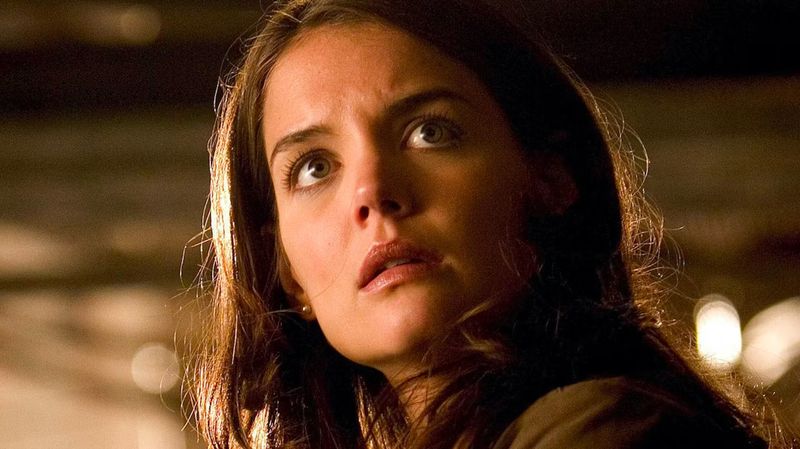
Katie Holmes played Rachel Dawes in “Batman Begins”, but her performance was overshadowed by the film’s darker tone. Holmes struggled to convey the gravitas required for the role.
Critics noted her portrayal lacked the depth and chemistry needed to stand out amidst a strong cast. Her character, pivotal to the plot, felt underdeveloped and misaligned with the movie’s intensity.
Despite being part of a successful reboot, Holmes’ miscasting highlighted the importance of aligning actor abilities with character demands.
Jesse Eisenberg in Batman v Superman: Dawn of Justice
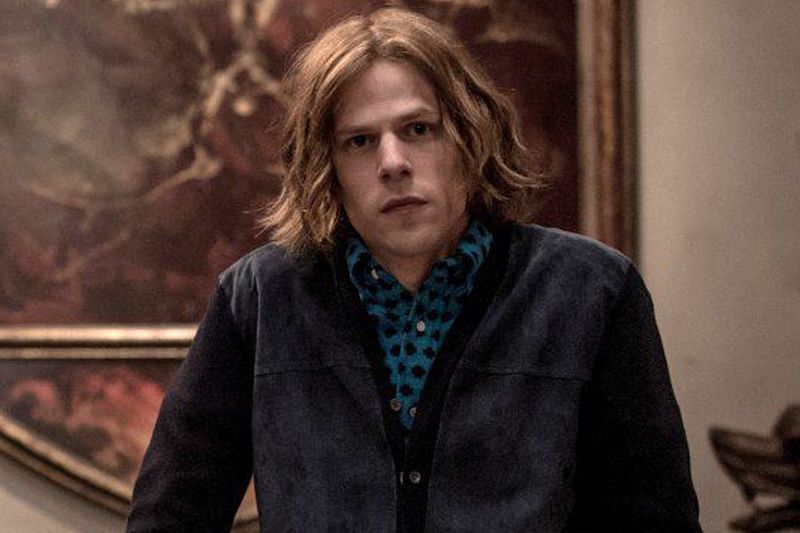
Jesse Eisenberg portrayed Lex Luthor in “Batman v Superman: Dawn of Justice”, a choice that puzzled many. His quirky and neurotic style clashed with the character’s traditionally menacing image.
Eisenberg’s rapid-fire delivery felt unfitting for the iconic villain, leading to mixed reactions. Fans expected a more imposing presence that his portrayal did not deliver.
The film’s darker themes were at odds with his energetic performance, making it a standout miscast in an otherwise serious narrative, underlining the critical importance of suitable casting.
Colin Farrell in Alexander
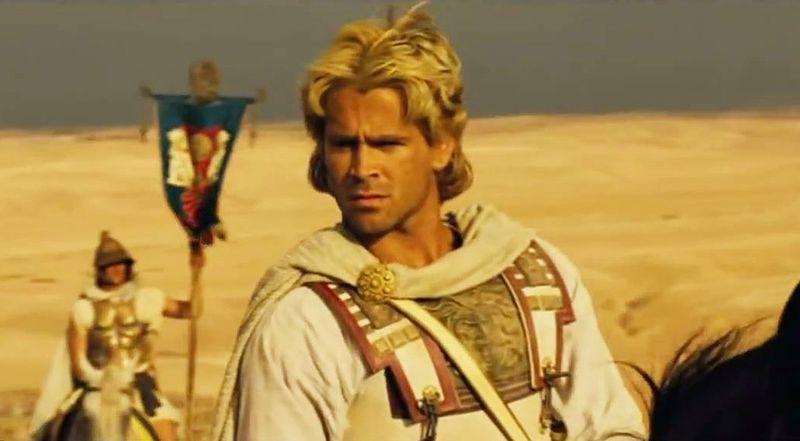
Colin Farrell’s role as Alexander the Great was met with skepticism. His Irish accent and modern demeanor conflicted with the historical epic’s tone.
Farrell’s performance lacked the commanding presence expected of the legendary conqueror, leaving audiences unconvinced. Critics noted that his portrayal did not capture the complexity of Alexander’s character.
The film, ambitious in scope, struggled to engage viewers, with Farrell’s casting often cited as a key factor in its lackluster reception, emphasizing the impact of casting on storytelling.
Ben Affleck in Daredevil
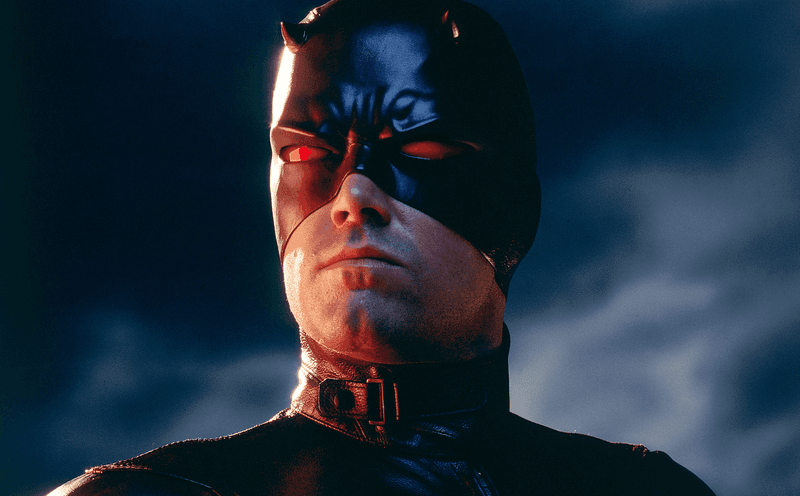
Ben Affleck took on the role of Daredevil, but his portrayal was divisive. Known for his brooding roles, Affleck seemed misaligned with the superhero genre’s demands at the time.
His performance felt disjointed, lacking the depth necessary to resonate with fans. Critics pointed out that the movie failed to capture the essence of the character.
Although he later found success in other superhero roles, Affleck’s turn as Daredevil remains a topic of debate, highlighting how essential casting synergy is for superhero narratives.
